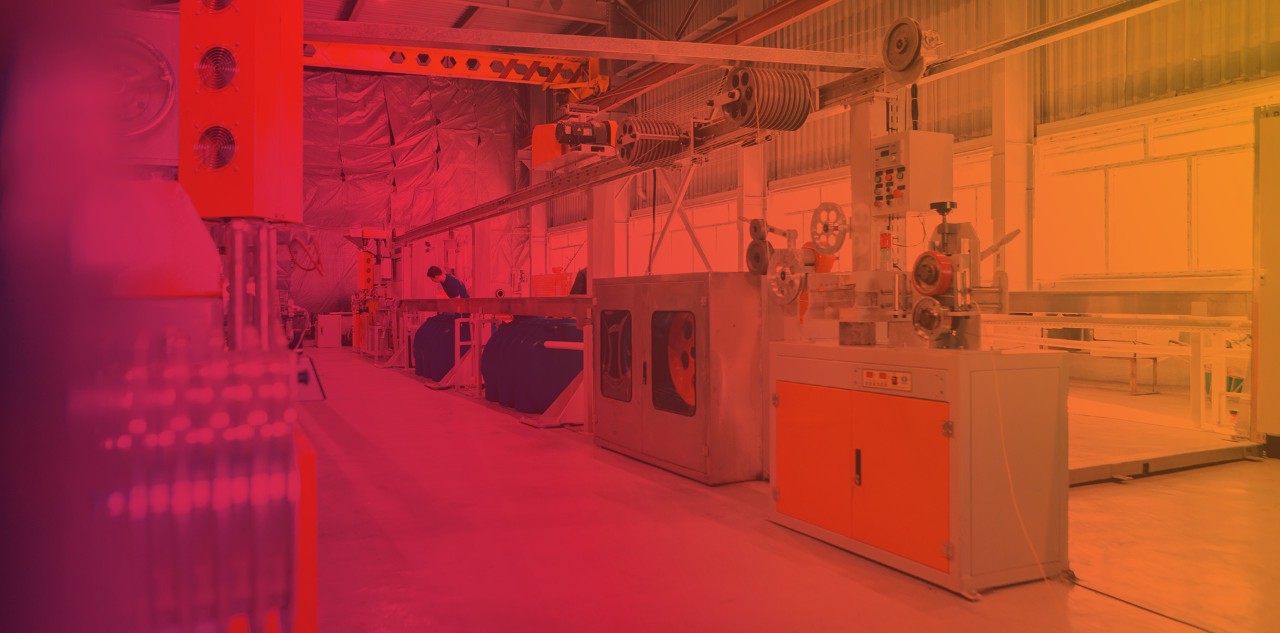Manufacturing is suffering due to a lack of creative thinking. Learn why in order to survive, manufacturers need to start thinking like entrepreneurs.
It’s no surprise that industries like manufacturing are being transformed by Industry 4.0 – or as it’s commonly known, the Fourth Industrial Revolution – which is marked by significant advances in technology and the digitization of sectors. According to Harvard Business Review, manufacturing will be affected much more because in order to stay competitive, the industry needs to change and adapt much more quickly. Work will be driven back stateside due to factors like mass customization needs and the ability to manufacture onsite, allowing the U.S. to regain its lead in manufacturing.
Yet, with growing demand comes the demand for skilled workers. According to a report published by Deloitte and the Manufacturing Institute, the 2020s will create approximately 4.6 million manufacturing jobs. However, nearly half of these openings will go unfilled due to a lack of talent. This skills gap could cost the economy as much as $454 billion in 2028, due to the fact that manufacturing companies are not perceived as homogenous.
Indeed, in order to thrive, the manufacturing industry is in need of a larger network of talented, creative and intelligent individuals who are willing to solve complex problems. In short – entrepreneurs. There is more than enough opportunity in the industry and plenty of problems to solve. Having the option to solve some of these problems will lead to outstanding potential for progress, wealth and personal satisfaction.
Challenges in Manufacturing
According to a recent report published by VoxEU, the number of new U.S. manufacturing businesses has been decreasing, including the size and quality of businesses. Further, data suggests that the U.S. is losing its ability think and act creatively to produce innovative and new products, something that is present in entrepreneurial thinking. Further, VoxEU study also highlighted that the decrease in problem-solving abilities is only partly due to increased offshoring of manufacturing. The report cautioned that the newer, less-skilled startups face an increased risk of becoming obsolete thanks to continuing automation.
These findings aren’t likely to shock you. Indeed, we live in an age where it’s common to read stories and headlines that denote that manufacturing in the U.S. is a dying industry or that opportunities are scarce due to the fact that it’s difficult to compete with the low labor costs in other countries. Some people perceive manufacturing to be lower-class work, which diminishes the industry’s future role. Yet, when it comes to manufacturing entrepreneurship, there are many opportunities for individuals to find greater success and for our economy to benefit as a result. After all, we have a multi-trillion dollar industry at risk here.
Opportunities for Manufacturing
· Direct-to-customer
A common argument against U.S. manufacturing is that margins are too low to make money and that labor is too expensive. Lassonde Entrepreneur Institute suggests a shift in the way we think about the business of manufacturing. In many scenarios, margins are low, labor cost plays a big factor and competition from cheaper countries makes it difficult for companies to stay in business. Yet, if manufacturers have the ability to sell directly to end customers, the playing field would be immediately changed. With higher margins, labor cost no longer plays as significant of a role, and companies have more money to invest in areas like new product development. They can also focus on optimization and efficiency while still being able to cut prices if necessary. This kind of business model takes advantage of online, branding, and other opportunities to sell directly to customers. Further, these types of manufacturers are able to offer products at bulk prices to retailers in order to grow their market presence. Startups and established companies can benefit enormously by selling directly to consumers as there are a multitude of online platforms that are making the process easier to navigate each day.
· New skills
Entrepreneurs are constantly looking to refine their skills and a skilled industry like manufacturing encourages that type of thinking. Manufacturing has the ability to impact every other industry, so a little creativity can do a lot when it comes to finding opportunities to add value. Rather than just being experts at creating something, some of the most successful manufacturers also have additional expertise to expand product offerings, slide into new markets, and create new revenue streams. Manufacturing encompasses a broad range of skills, including design, marketing, intellectual property, programming, technology, writing and logistics. Companies that can create intellectual property around their processes and products while designing, developing, and building their own products in-house have a huge advantage because they can sell unique products directly to end users, grow their competitive assets, and get new ideas to market more quickly.
Sales, branding, and marketing call can be quite underdeveloped in manufacturing, but individuals with those skills can greatly benefit customers and their businesses by clearly and cogently telling their stories, connecting with customers, and conveying value. On the other side of the skillset spectrum, people who are talented with technology, software, and programming are a huge asset in manufacturing because of their ability to automate repetitive and boring operations, speed up processes, and improve employee and customer experiences. Supply chain, logistics, and other related skills create opportunities for manufacturers to improve quality, save money and decrease lead times. Further, both technical and creative writing skills open a lot of doors for manufacturers when they encounter marketing, quality control and applications for grants and certifications. When unique skills are brought to manufacturing, new companies are given a strong advantage when competing in the market.
· More competition
Though the number of U.S. manufacturing companies is on the decline recently, the opportunities available to companies who are eager to grow the industry are enormous. According to the World Bank, U.S. manufacturing contributed around $2.2 million to the economy in 2016 and the competition has only increased while the amount of manufacturing companies has gone down. Certainly, there are challenges that come with the decrease in competition. For instance, with decreased competition comes a shortage of much needed suppliers, a slower rate of development and innovation, and apathy. There are simply not enough manufacturers to fulfill the plethora of manufacturing contracts and development grants that go unfilled each year. New companies that are willing to invest money and time into getting the right capabilities, certifications and expertise can potentially secure a large portion of these unfilled contracts because a certain percentage are required to go to small or new manufacturers. These manufacturers can also qualify for grants from federal and state institutions to hit the ground running, particularly in rural areas.
Yet, due to the fact that there aren’t enough manufacturers to fill these types of contracts, progress slows for companies that are looking for local suppliers to introduce new products to market and development and innovation in our economy are negatively impacted. Unfortunately, the atmosphere of apathy that is created thanks to a lack of competition has, according to Gallup, contributed to the manufacturing industry having the lowest rate of employee engagement in the country. However, there is hope – by increasing competition in manufacturing, the industry can benefit from an updated network of suppliers, increased innovation and the speeding up modernization.
Gaining the Entrepreneurial Mindset
In order to survive, the manufacturing industry requires the help of skilled, entrepreneurially-minded individuals and companies. The entrepreneurial mindset instills flexibility, creativity, and agility in its users, which can only serve to increase competition in the industry, leading directly to more innovation. It’s time for manufacturers to partner with entrepreneurial-minded companies in order to thrive.
With our expertise and experience, Stefanini is here to provide new ideas and insights. We are customer-centric and analyze your pain points and business objectives to co-create a solution tailor-made for you.
Interested in learning more? Read more about our offerings to the manufacturing sector or contact us directly.




















